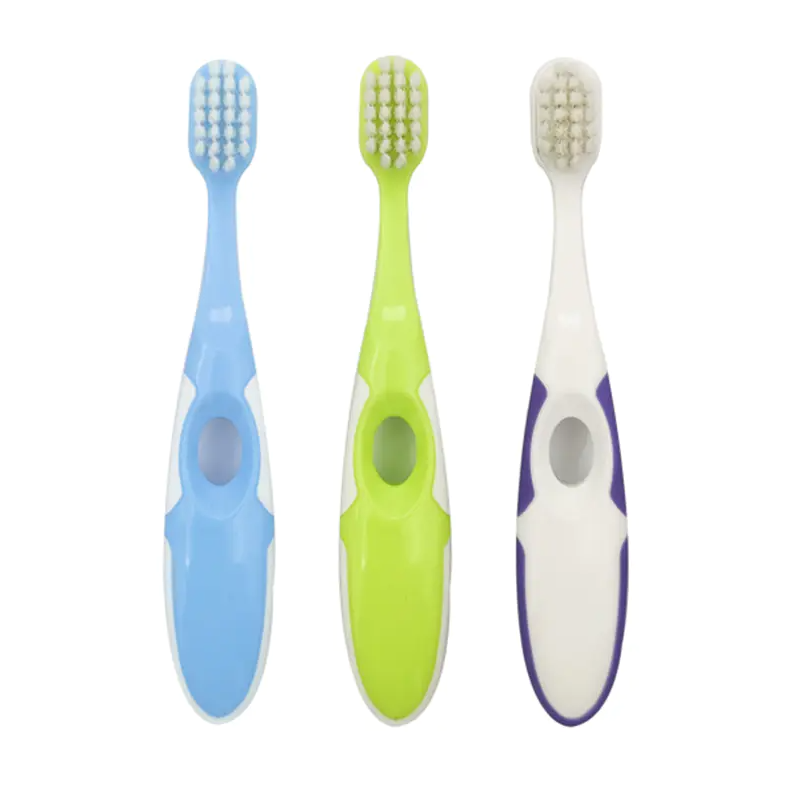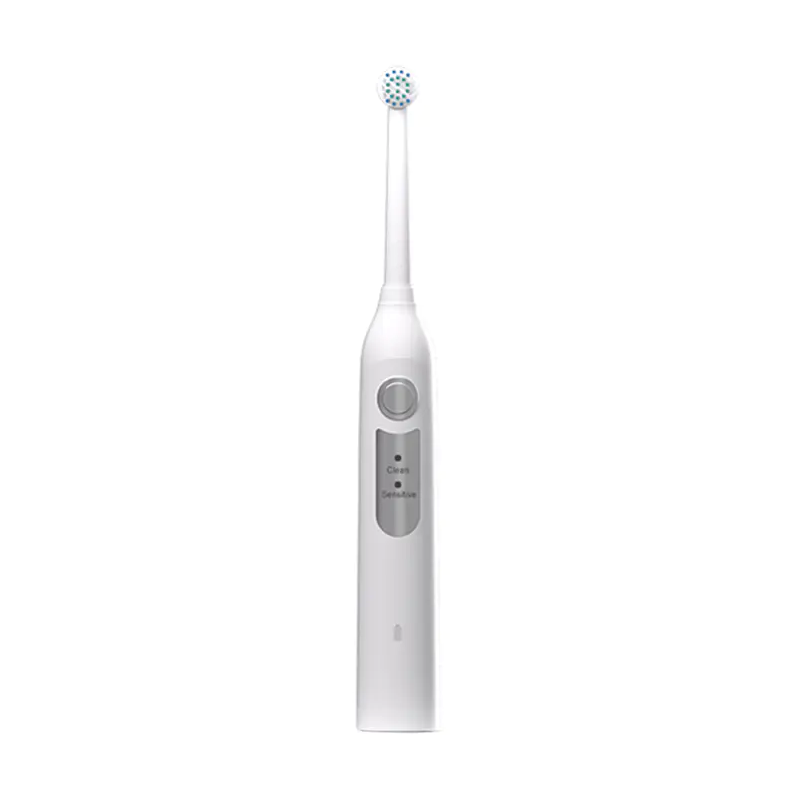Phone:+86-13952799285
Have you ever wondered how often you should replace the toothbrush you use every day? This seemingly simple question is crucial to our oral health. To keep your teeth clean and prevent oral diseases, it's important to replace your toothbrush regularly.
Content
Why do you need to replace your toothbrush regularly?
Over time, the bristles of a toothbrush wear and become deformed. Split or curled bristles significantly reduce their cleaning power, making them less effective at removing plaque and food particles, and can even damage your gums. Furthermore, a moist environment creates a breeding ground for bacteria. Even if you rinse your toothbrush after every brushing, bacteria can still remain and continue to grow. This bacteria can lead to oral infections, such as gingivitis or cavities, posing a threat to your dental health.
How often do experts recommend replacing your Toothbrushes?
Oral health experts generally recommend replacing your toothbrush every three to four months. This period is based on bristle wear and bacterial accumulation. If you notice that your toothbrush bristles are beginning to deform or fray, even if it's less than three months, it's time to replace it.
Special circumstances require early replacement of Toothbrushes.
- After an illness: If you have a cold, flu, or other infectious illness, it's recommended to replace your toothbrush as soon as you recover. Viruses and bacteria can attach to the bristles and reinfect you.
- Severely deformed bristles: If you brush vigorously or use a toothbrush with soft bristles, the bristles may wear out faster. Replace your toothbrush if it becomes noticeably deformed.
- Using an electric toothbrush: While the handle of an electric toothbrush can be used for a long time, the brush head should also be replaced every three to four months.
How to care for your Toothbrushes?
To extend the life of your toothbrush and maintain hygiene, you can take the following steps:
- Rinse thoroughly: After each brushing session, rinse your toothbrush thoroughly with clean water to remove any remaining toothpaste and food debris.
- Store upright: Store your toothbrush upright in a well-ventilated area to allow the bristles to air dry and prevent bacterial growth.
- Avoid sharing: Toothbrushes are personal hygiene items. Never share them with others to prevent cross-infection.
Developing the habit of replacing your toothbrush regularly is the easiest investment you can make in your oral health. A brand new toothbrush not only provides better cleaning results, but also gives you peace of mind every time you brush your teeth.


 English
English 中文简体
中文简体
















